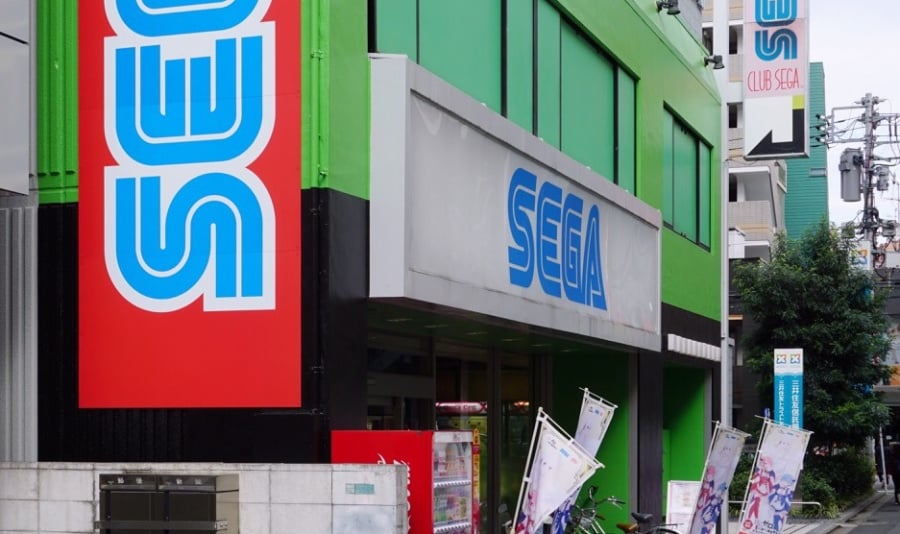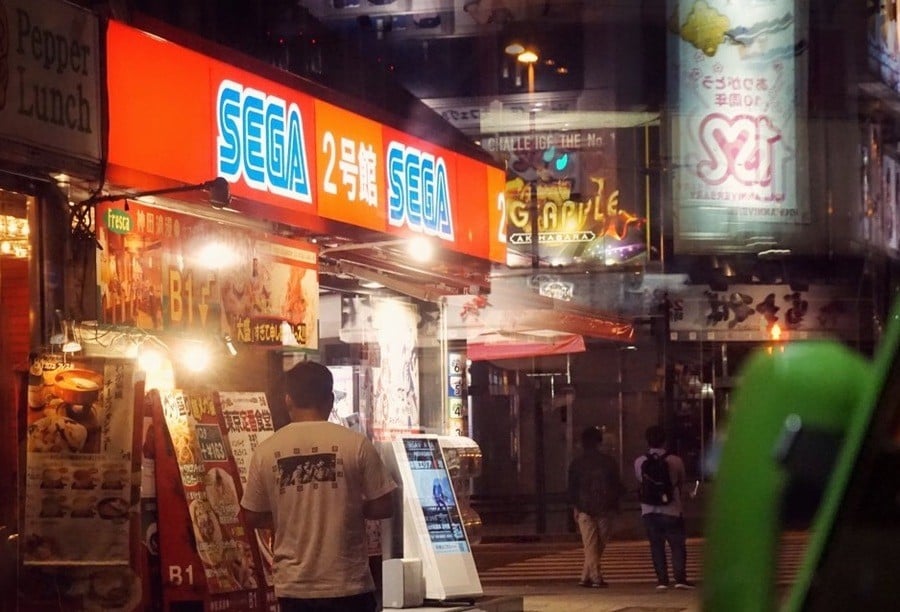
At the end of 2020, Sega fans were devastated to hear the company had started selling off its arcade business after 50 years in operation.
Despite vanishing from the home console market roughly twenty years prior, Sega had remained something of a stalwart of the Japanese arcade industry, owning up to 190 branches of amusement facilities around the country.
So when Genda GiGO Entertainment assumed total ownership of its amusement facilities in January 2022, it was considered by many to be an end of an era and a sad sign of the business's overall decline.
Interestingly, though, over the last year, these old arcade facilities have had a remarkable change in fortunes, with Genda GiGO posting a 3.175 billion yen profit, according to Japanese business publication Dime (as spotted by SoraNews24). This is a huge change from March 2021, when the same entertainment facilities had posted a loss of 2.308 billion yen — likely due to the impact of the Covid-19 pandemic.

This doesn't necessarily mean that players are starting to flock to the arcades again, with earnings from customers only going up about 5.1 percent (according to Genda's most recent financial earnings). Instead, the real reason behind this turnaround seems to be the result of some canny accounting. The amusement business is an expensive one, with large network charges for online games, the huge expense of introducing new machines, and most importantly, depreciation costs.
To explain, back when Genda GiGO took over from Sega it went and reevaluated its assets, taking on what is known as an 'impairment' loss. Simply put, an impairment loss can be triggered whenever the fair value of a company's assets is considered to be less than that written on the balance sheet. In this instance, it led to lower depreciation costs overall, making it easier for Genda to turn a profit off the machines without the need for a significant increase in overall revenue.
In March 2020, the last full business year with Sega in charge, the company's fixed assets were listed at 24.8 billion yen. In January 2022, the first full Genda GiGO period, this was lowered to an estimation of 11.5 billion yen.
It's promising news, and hopefully, something that indicates a positive change in fortune for the amusement industry in Japan. But what do you think? Do you see this method working over time? Or do you think this is just a temporary change in fortunes? Let us know your thoughts.
[source dime.jp, via soranews24.com]






Comments 0
Wow, no comments yet... why not be the first?
Leave A Comment
Hold on there, you need to login to post a comment...